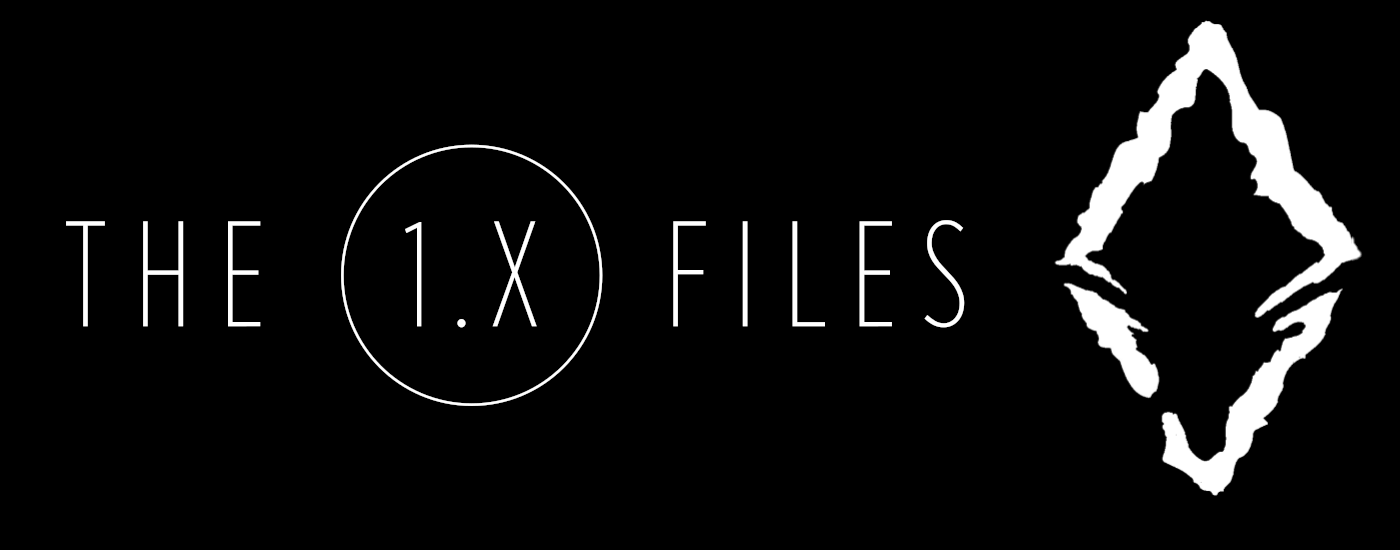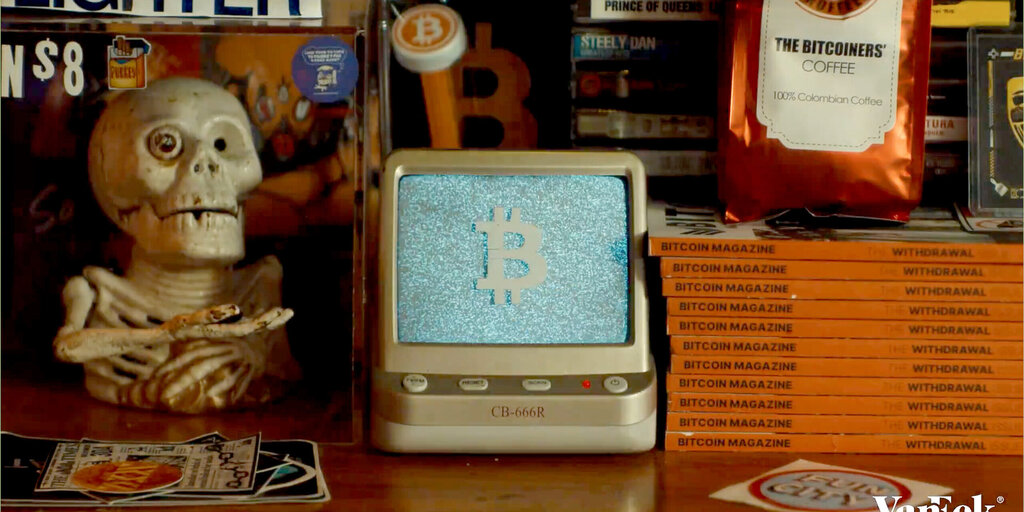Token Standard Differences and Their Roles in Top 10 Blockchains


Token standards are the rules and protocols that specify how tokens operate on a blockchain. Different blockchains have their own token standards to ensure interoperability, security, and efficiency. Below are some of the major token standards from the top 10 blockchains with Turing-complete environments: Ethereum, Solana, BNB, and XRP.
Ethereum Token Standard
Ethereum has developed many token standards to facilitate the creation and management of digital assets. These standards ensure that tokens can interoperate with a variety of decentralized applications and services within the Ethereum ecosystem.
- ERC-20: The ERC-20 standard is most widely used to create fungible tokens on the Ethereum blockchain. These tokens are interchangeable with each other, making them suitable for currencies, staking tokens, and utility tokens. ERC-20 tokens follow a set of rules that include how tokens are transferred, how transactions are authorized, and how users can access data about the tokens.
- ERC-721: This standard is used to create unique, incompatible NFTs. ERC-721 tokens are commonly used for digital art, collectibles, and other unique assets. Each token has a unique identifier that distinguishes it from other tokens.
- ERC-777: The ERC-777 standard improves on ERC-20 by allowing more complex interactions, such as sending tokens to a contract and notifying the contract in a single transaction. It also addresses some of the limitations of ERC-20, including improved privacy and security features.
- ERC-1155: This multi-token standard allows the creation of fungible and non-fungible tokens within a single contract. ERC-1155 supports batch transmission, which can reduce transaction costs and network congestion. This standard is useful for applications that require management of multiple token types.
- ERC-4626: Designed for tokenized vaults, ERC-4626 optimizes and unifies technical parameters of yielding vaults. This standard aims to simplify the creation and management of vaults that generate returns on deposited assets.
-
DN-404: DN-404, or “Divisible NFT-404,” is an experimental standard designed to address the limitations of ERC-404 by improving the efficiency, scalability, and interoperability of tokenized assets.. DN-404 uses a two-pronged approach, using a native ERC-20 token to represent a portion of an NFT and a mirror ERC-721 token to represent the actual NFT. This design improves transaction throughput, reduces costs, and facilitates cross-chain transactions.
Solana Token Standard
Solana, known for its high-speed and low-cost transactions, has developed its own set of token standards to support the growing ecosystem of decentralized applications and digital assets.
- Solana Program Library (SPL): The SPL token standard is used for fungible and non-fungible Solana blockchain tokens. Unlike Ethereum, which has separate standards for different types of tokens, SPL uses a unified approach where differences are defined at the token creation stage. This standard ensures that SPL tokens can interoperate with Solana wallets and smart contracts.
- Token-2022: Token-2022, an enhancement to the SPL standard, introduces new features such as interest-bearing tokens and improved transfer capabilities. This standard aims to provide more flexibility and advanced features to developers and users of the Solana blockchain.
BNB (Binance Smart Chain) Token Standard
Binance Smart Chain (BSC) has developed a token standard to support a decentralized application and service ecosystem. These standards are designed to be compatible with Ethereum’s ERC standard, promoting interoperability between chains.
- BEP-2: The BEP-2 standard is originally used for tokens on the Binance Beacon Chain, primarily the native BNB coin and other tokens on the Binance decentralized exchange. BEP-2 tokens follow a set of rules that ensure they are easy to trade and manage on Binance Chain. This chain is currently in the process of being shut down.
- BEP-20: This standard is used by BSC and is compatible with the Ethereum ERC-20 standard. BEP-20 allows you to create different types of tokens, including utility tokens, stablecoins, and more. BEP-20 tokens can be easily exchanged for BEP-2 tokens, providing flexibility and interoperability within the Binance ecosystem.
XRP Ledger Token Standard
Designed for fast and efficient cross-border payments, the XRP Ledger has its own standards for token creation and management.
- XRP: XRP, the native token of the XRP Ledger, is used for transactions and as a bridge currency for cross-border payments. Unlike other token standards, XRP itself does not follow any specific token standard such as ERC-20, but is essential to the operation of the XRP Ledger.
- XLS (XRP Ledger Standard): This standard describes the specifications and protocols for creating and managing tokens on the XRP Ledger. The XLS standard ensures interoperability and compatibility within the XRP ecosystem, facilitating the creation of various types of tokens, including fungible and non-fungible tokens.
Key Differences
- Interoperability and Ecosystem: Ethereum’s ERC standard is highly specialized and has an extensive ecosystem, making it suitable for a variety of applications, but often resulting in higher complexity and gas costs. Solana’s SPL standard is more unified, offering lower transaction fees and faster settlement times, which is beneficial for high-throughput applications. BNB’s BEP standard is designed to be compatible with Ethereum’s ERC standard, promoting interoperability between chains. XRP Ledger’s XLS standard focuses on ensuring interoperability within the XRP ecosystem.
- Transaction Costs and Speed: Ethereum is known for high transaction costs and slow processing times, especially during network congestion. Due to its unique consensus mechanism, Solana offers much lower fees and faster transactions. The BNB Smart Chain offers lower transaction costs compared to Ethereum, and the XRP Ledger is optimized for fast and efficient cross-border payments.
- Token Types and Flexibility: Ethereum offers a variety of token standards for different use cases, including fungible tokens (ERC-20), non-fungible tokens (ERC-721), multi-tokens (ERC-1155), and hybrid tokens (DN-404). do. Solana’s SPL standard combines fungible and non-fungible token functionality within a single protocol. BNB’s BEP-20 standard extends the capabilities of ERC-20, while XRP Ledger’s XLS standard provides a framework for fungible and non-fungible tokens.
Each token standard plays an important role in its blockchain ecosystem by enabling standardized, interoperable creation, management, and transfer of digital assets.



